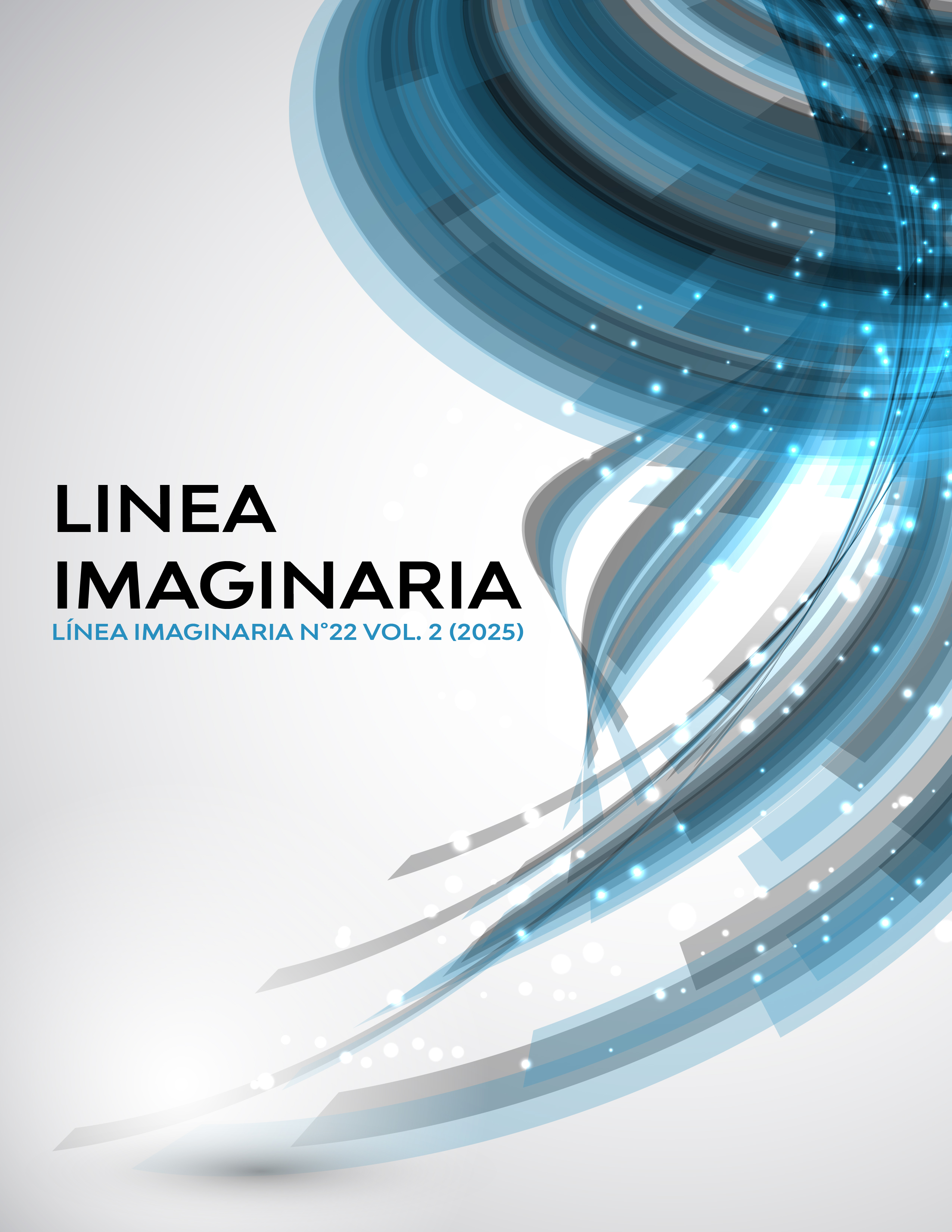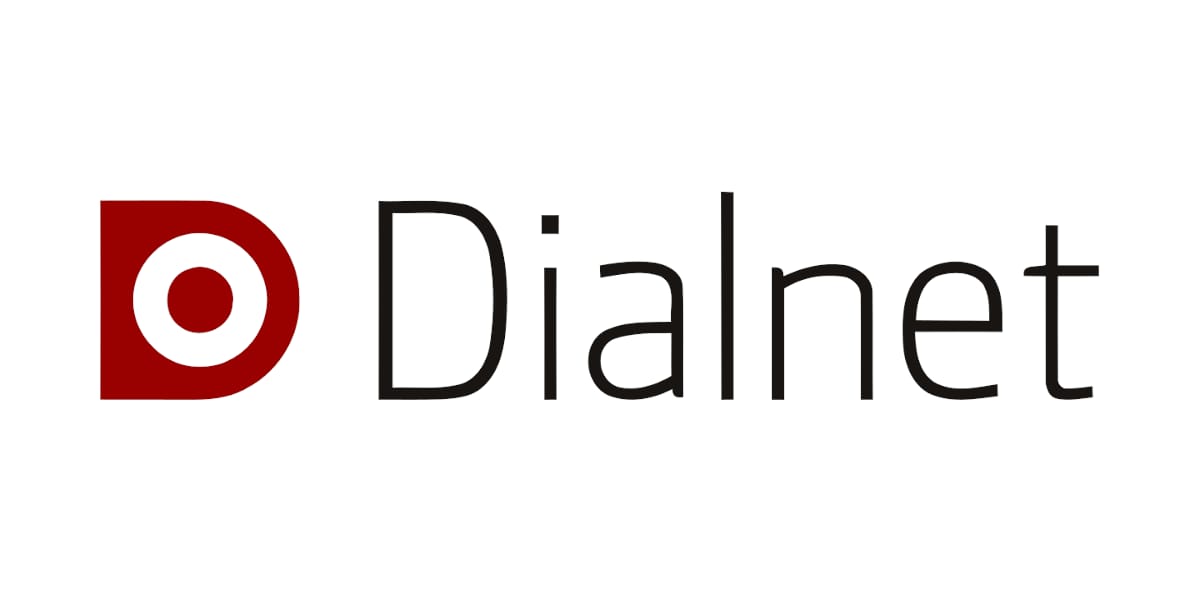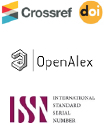POLITICAL AND EDUCATIONAL RELATIONSHIP AS THE FOUNDATION OF EDUCATIONAL REALITY
DOI:
https://doi.org/10.56219/lneaimaginaria.v2i22.4519Keywords:
politics, education, equityAbstract
This essay addresses the relationship between politics and education in shaping educational realities in any society, using a methodology based on content analysis and a bibliographic review that reflects the educational reality. In Colombia, education is considered a fundamental right, enshrined in the Constitution, which implies that it must meet the demands of the community. Educational policies, determined by government decisions, directly impact the quality and equity of the educational system, influencing the distribution of resources, school infrastructure, and curricular content. Throughout history, this interrelationship has demonstrated its importance in promoting equality and sustainable development. However, many policies have lost their focus on quality and universal access, leaving vulnerable sectors without meaningful educational opportunities. It is essential to establish clear policies that address lack of access and social illiteracy, ensuring equitable learning. Despite the potential benefits of a close relationship between politics and education, challenges such as the politicization of content, inequalities in access, and lack of resources persist. Recognizing education as a political act is fundamental to understanding how political decisions affect the equity and quality of the education system. In this sense, education must be prioritized as a driver of social progress, promoting critical and participatory citizenship. In conclusion, the interaction between politics and education is crucial for building more just and equitable societies, and a renewed commitment is required to address the challenges that persist in the field of education.
Downloads
References
Blanco. R. (2006). La equidad y la inclusión social: uno de los desafíos de la educación y la escuela hoy. https://www.redalyc.org/pdf/551/55140302.pdf
Capella. J. (2004). Política educativa: aportes a la política educativa peruana https://revistas.pucp.edu.pe/index.php/educacion/article/view/10565/11036
Colombia. (1991). Constitución Política de Colombia. Recuperado de https://www.ramajudicial.gov.co/documents/10228/1547471/CONSTITUCION-Interiores.pdf
Comisión Económica para América Latina y el Caribe (CEPAL). (2016). Desarrollo social inclusivo: una nueva generación de políticas para superar la pobreza y reducir la desigualdad en América Latina y el Caribe. https://www.cepal.org/sites/default/files/events/files/desarrollo_social_inclusivo.pdf
García. R y García. A. (2022). La educación como acto político en Freire. La teoría antidialógica, la arbitrariedad cultural y la educación bancaria: nociones para comprender la reproducción de las desigualdades en América Latina. https://revistas.uned.ac.cr/index.php/innovaciones/article/view/4316/5829
Garrido, C. (2007). La educación desde la teoría del capital humano y el otro. Educere - Artículos arbitrados(36), 73-80. https://ve.scielo.org/pdf/edu/v11n36/art10.pdf
Mejía. H. (2006). Ciudadanía y educación. https://dialnet.unirioja.es/servlet/articulo?codigo=4953724
Millan, G. (2016). Sobre la distinción entre ética y moral. Isonomía(45), 113-139. https://www.scielo.org.mx/pdf/is/n45/1405-0218-is-45-00113.pdf
Morales, L. (2014). El pensamiento crítico en la teoría educativa contemporánea. Actualidades investigativas en educación, XIV(2), 1-23. https://www.scielo.sa.cr/pdf/aie/v14n2/a20v14n2.pdf DOI: https://doi.org/10.15517/aie.v14i2.14833
Obaya, A., Vargas, Y., & Delgadillo, G. (2011). Aspectos relevantes de la educación basada en competencias para la formación profesional. Evaluación educativa - Universidad nacional autónima de México, I(22), 63-68. https://www.scielo.org.mx/pdf/eq/v22n1/v22n1a11.pdf DOI: https://doi.org/10.1016/S0187-893X(18)30116-2
Ovelar N. (2005). Educación, Política y Ciudadanía Democrática a través de la especial mirada de paulo freire. https://www.redalyc.org/pdf/659/65913205002.pdf
Solano Vázquez, Eduardo Pensar la sociedad a través de la educación Diálogos sobre educación. Temas actuales en investigación educativa, vol. 12, núm. 23, 00027, 2021, Julio-Diciembre Universidad de Guadalajara, Centro Universitario de Ciencias Sociales y Humanidades DOI: https://doi.org/10.32870/dse.v0i23.928 DOI: https://doi.org/10.32870/dse.v0i23.928
Ramirez, L., & Soto, Y. (2022). Educación, Estado y Hegemonía desde Gramsci: el papel de los intelectuales en la transición democrática en Méxic. Millcayac - Revista digital de ciencias sociales, VIII(15), 177-198. https://revistas.uncu.edu.ar/ojs3/index.php/millca-digital/article/view/4625/4019 DOI: https://doi.org/10.48162/rev.33.026
Ramón, M. (2015). Inclusión y equidad: una educación que multiplica oportunidades.
Entreculturas, 34, 428-453. Recuperado de https://gredos.usal.es/jspui/bitstream/10366/131655/1/ENTRECULTURAS_Inclusion_y_equidad_Una_ed.pdf
Downloads
Published
How to Cite
Issue
Section
License

This work is licensed under a Creative Commons Attribution-NonCommercial-ShareAlike 4.0 International License.
La revista Línea Imaginaria conserva los derechos patrimoniales (copyright) de las obras publicadas, que favorece y permite la reutilización de los mismos bajo la licencia Creative Commons Atribución-NoComercial-CompartirIgual 4.0 , por lo cual se pueden copiar, usar, difundir, transmitir y exponer públicamente, siempre que se cite la autoría y fuente original de su publicación (revista, editorial, URL y DOI de la obra), no se usen para fines comerciales u onerosos y se mencione la existencia y especificaciones de esta licencia de uso. Si remezcla, transforma o crea a partir del material, debe distribuir su contribución bajo la misma licencia del original.















